Nội Dung Chính
(Page 77)
II. LANGUAGE
Pronunciation
Intonation in Wh- and Yes/No questions
💡Remember!
In Yes/No questions, we usually use rising intonation, which means the voice goes up at the end of the sentence.
Example: Do you like it? 
In Wh-questions, we usually use falling intonation, which means the voice goes down at the end of the sentence.
Example: Where do you buy it?

1. Listen and repeat. Pay attention to the falling  or rising
or rising  intonation in each of the following questions.
intonation in each of the following questions.
1. Did anyone go? 
2. Is academic education important nowadays? 
3. What are your plans for the future?

4. When does the course start?

2. Listen and mark the intonation in these questions, using  (rising intonation) or
(rising intonation) or  (falling intonation). Then practise saying them in pairs.
(falling intonation). Then practise saying them in pairs.
1. Do you want to go to university?
2. Have you talked with your parents about your plans?
3. How much does it cost to study at university?
4. What's your favourite subject at school?
(Page 78)
Vocabulary
Completing your education
1. Match the words and phrase with their meanings.
| 1. school-leaver (n) | a. education at a college or university |
| 2. vocational education (np) | b. the act of completing a university degree or a course of study |
| 3. higher education (n) | c. a person who has just left school |
| 4. qualification (n) | d. education that prepares students for work in a specific trade |
| 5. graduation (n) | e. an official record showing that you have finished a training course or have the necessary skills, etc. |
2. Complete the sentences using the correct form of the words and phrase in 1.
1. Many parents nowadays want their children to pursue _____ at universities after leaving school.
2. He didn't get the job he wanted because he didn't have the right _____.
3. Many _____ choose to go to university to study academic subjects.
4. More and more young people prefer _____ because they like to learn practical skills.
5. Many young people find it hard to get a job immediately after _____.
Grammar
Perfect gerunds
💡Remember!
The perfect gerund (having done) always refers to a time before that of the verb in the main clause. It is used to emphasise that the action was completed in the past. It can be used as:
• the subject of a sentence.
Example: Having studied science subjects made it easy for me to choose a university degree.
• an object after some verbs, e.g. admit, deny, forget, mention, regret, and remember or after prepositions.
Example: My friend didn't remember having lent me his English textbook. My cousin often talked about having studied for five years at a top university.
1. Find and correct the mistakes in the following sentences.
1. I forgot have discussed this topic with you.
2. Had won many maths competitions helped me win a place at university.
3. Nam regretted not having choose a more interesting course at university.
4. He was proud of had won the first place at the biology competition.
Perfect participle clauses
💡Remember!
The perfect participle has the same form as the perfect gerund, e.g. having asked, having studied.
We can use perfect participle clauses to:
• describe an action that happened before the action in the main clause.
Example: Having finished their course, they started looking for jobs.
• talk about the reason for the action in the main clause.
Example: Not having read the book, he can't give us his opinion.
(Page 79)
2. Rewrite these sentences using perfect participle clauses.
1. After we listened to an introduction to the course, we asked some questions.
-> __________________________________________________, we asked some questions.
2. He failed the university entrance exams, then he decided to train to become a car mechanic.
-> __________________________________________________, he decided to train to become a car mechanic.
3. His brother had not studied hard enough, so he failed the exams.
-> __________________________________________________,his brother failed the exams.
4. After I answered the job interview questions, I was asked to prepare a short presentation.
-> I was asked to prepare a short presentation.
3. Work in pairs. Make sentences, using perfect gerunds and perfect participle clauses.
Example:
Having completed the project gave us a feeling of satisfaction.
Having finished school, I can apply to university.
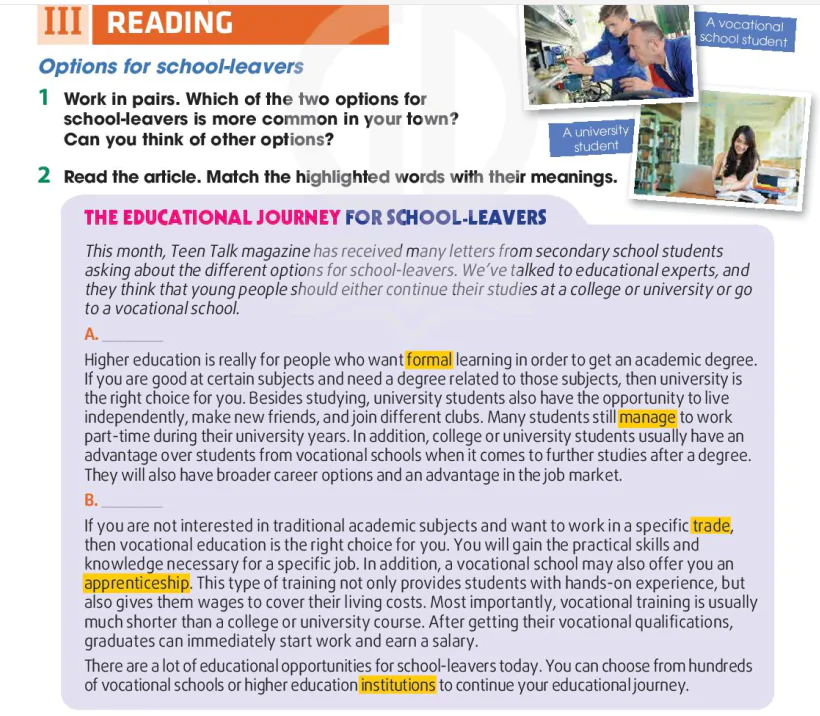
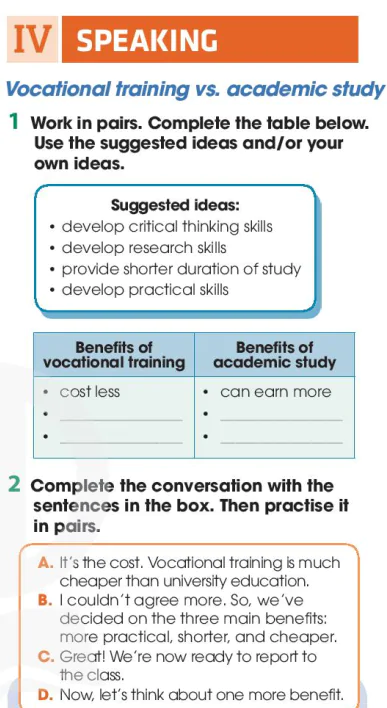
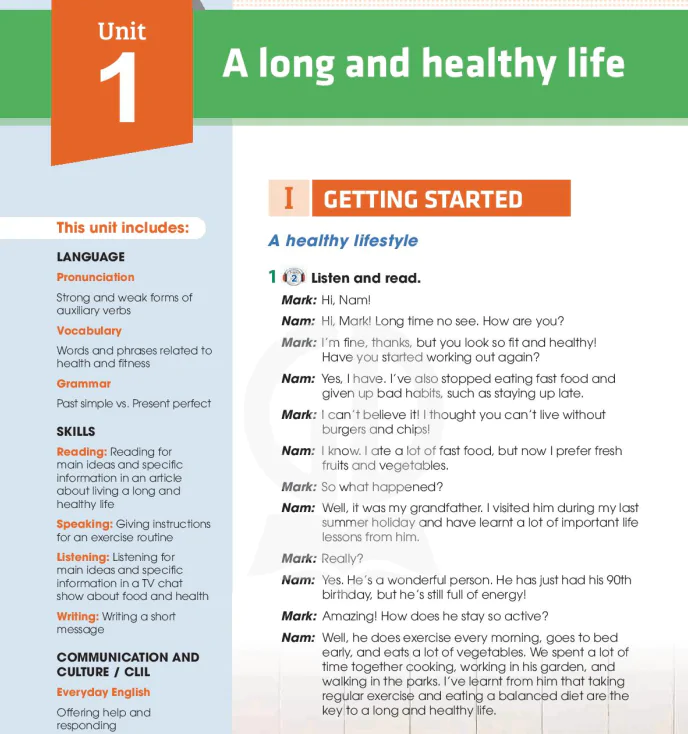
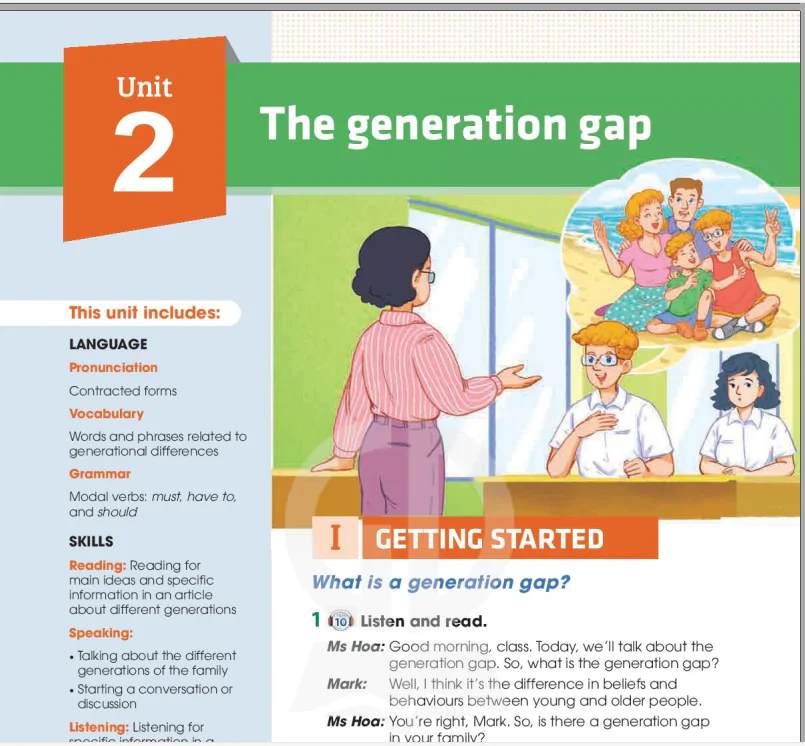

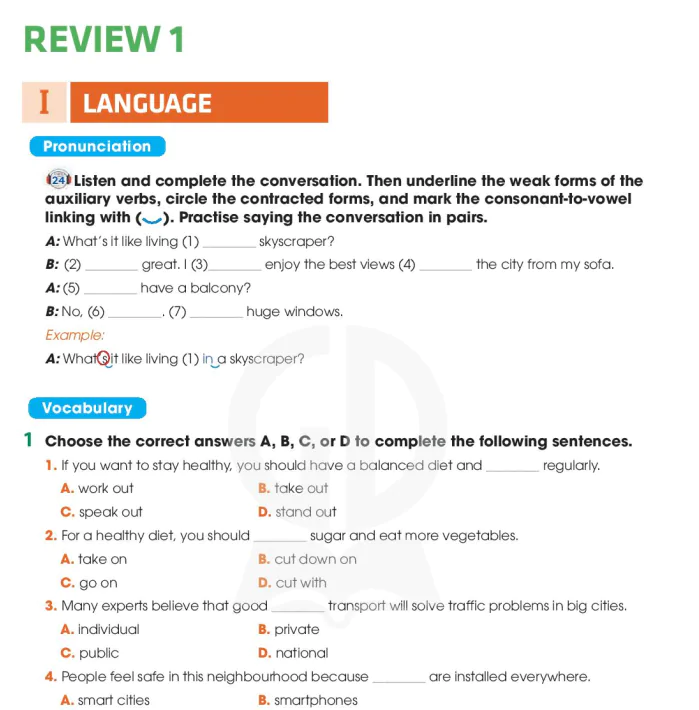
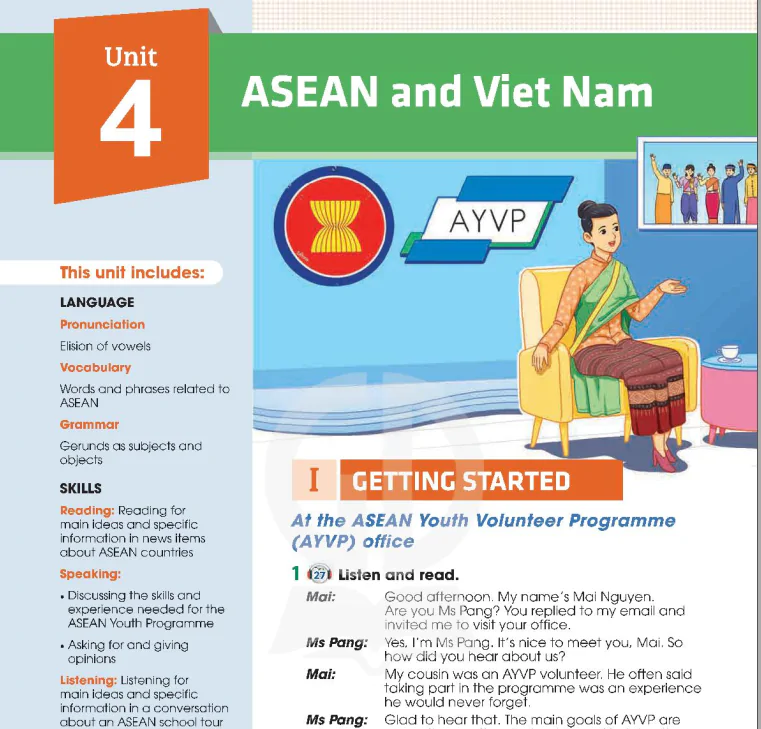
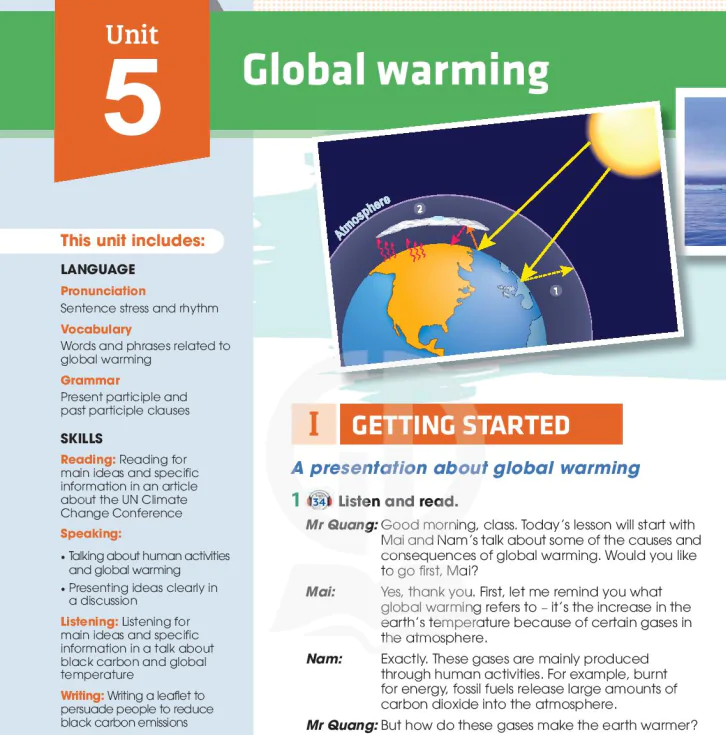
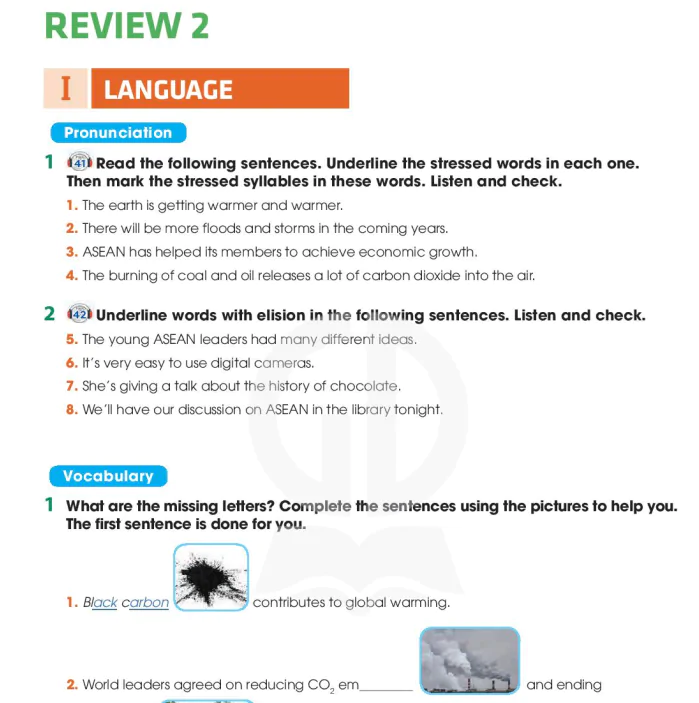
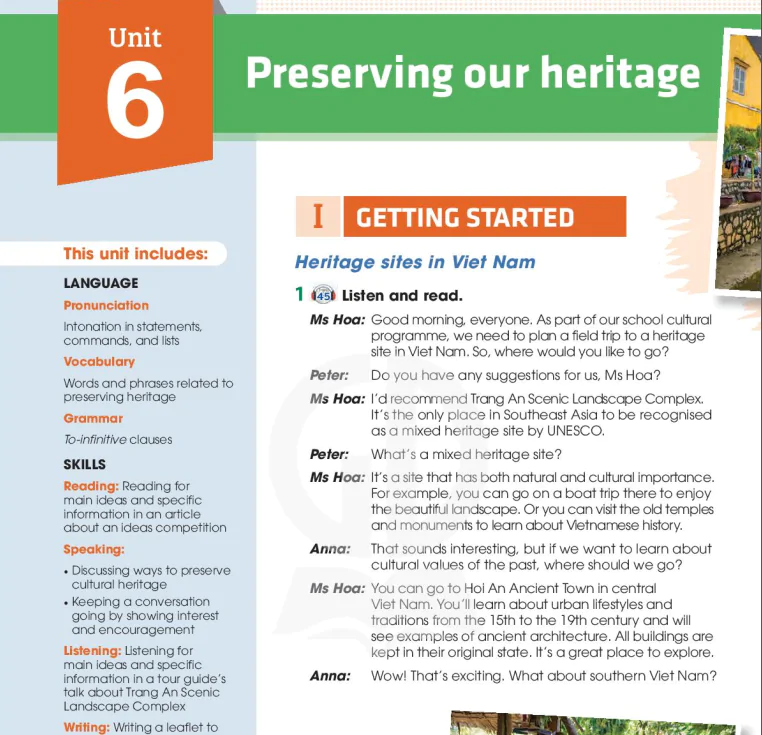
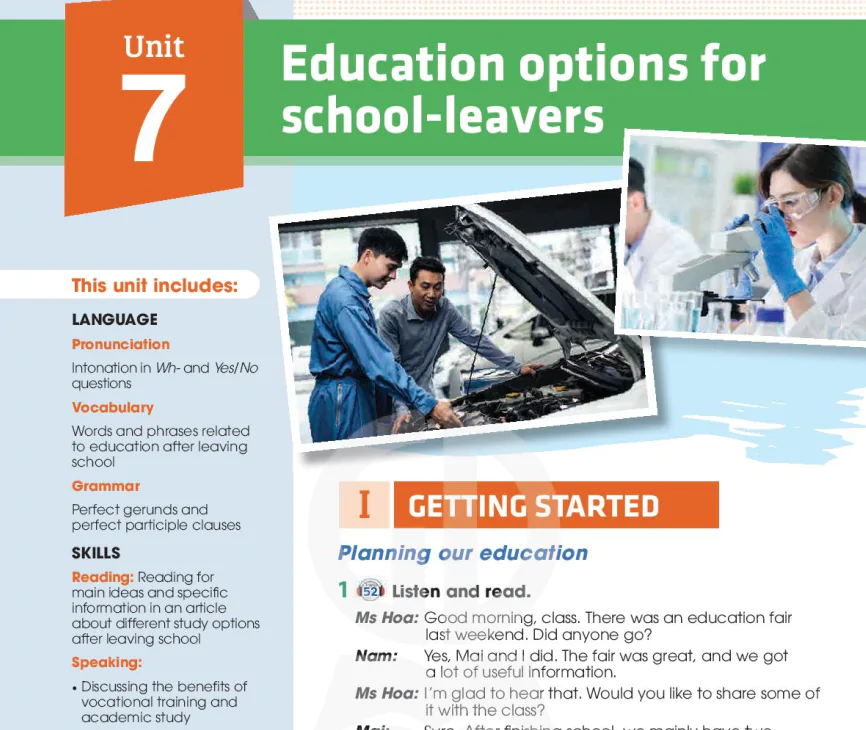
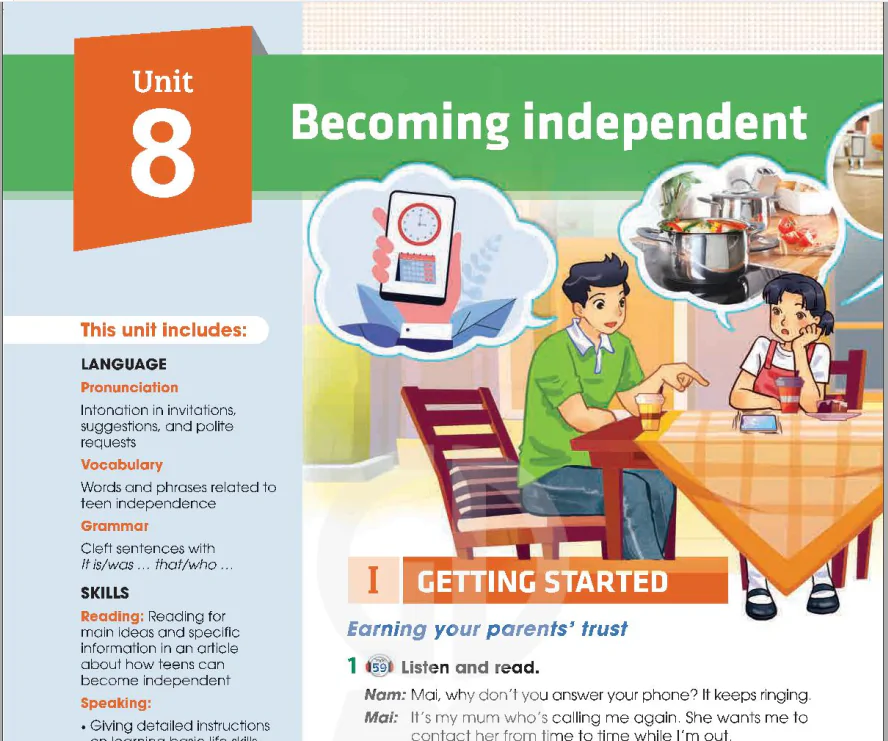
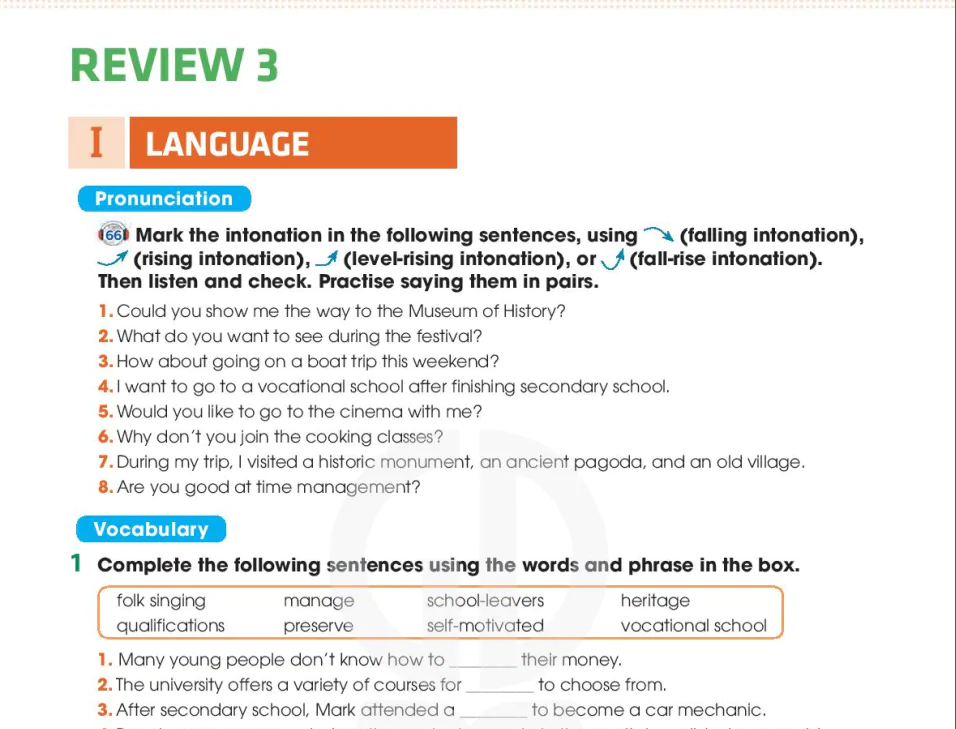
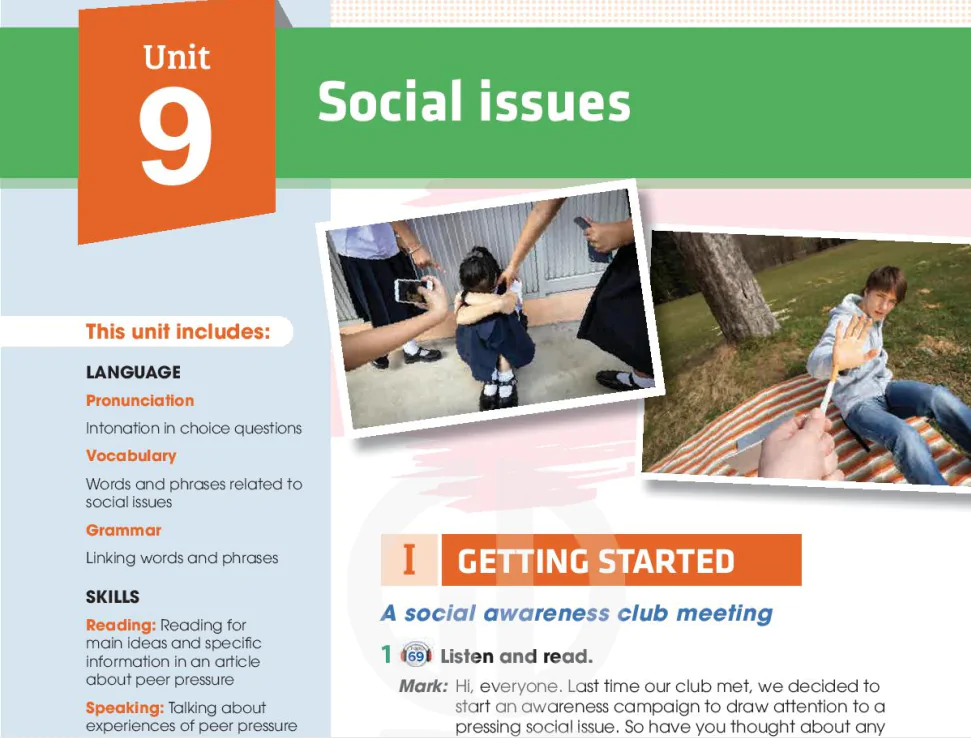
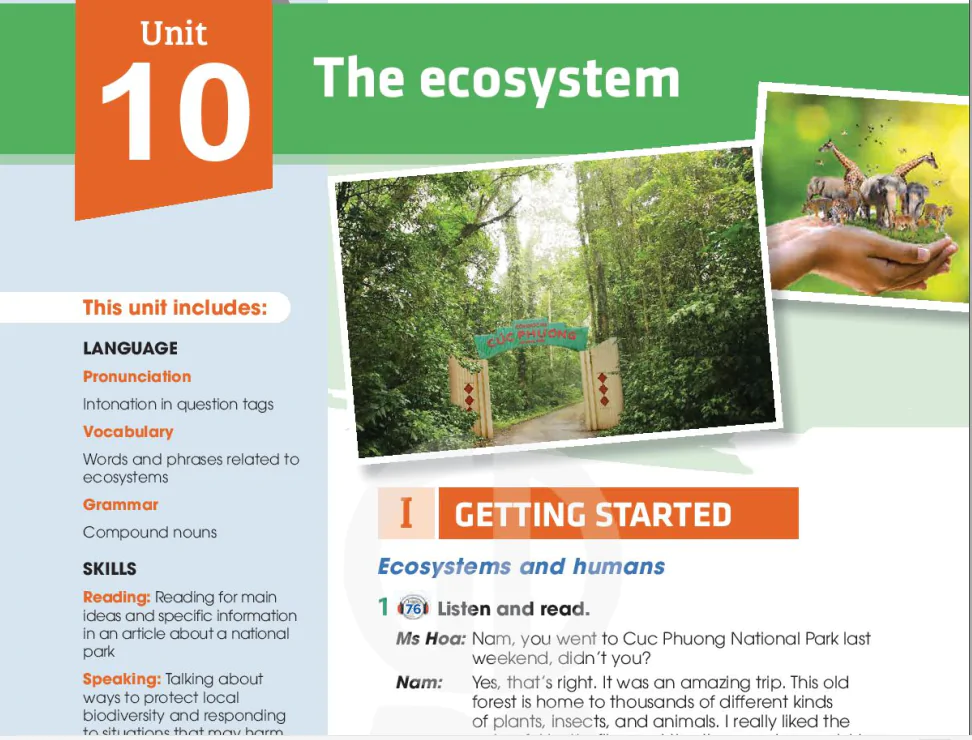
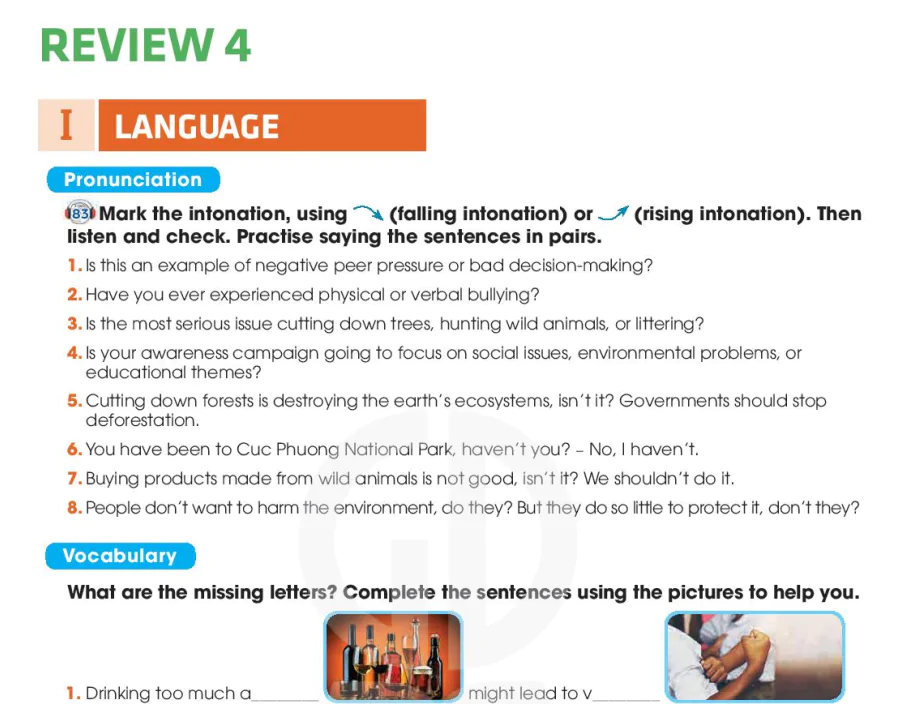
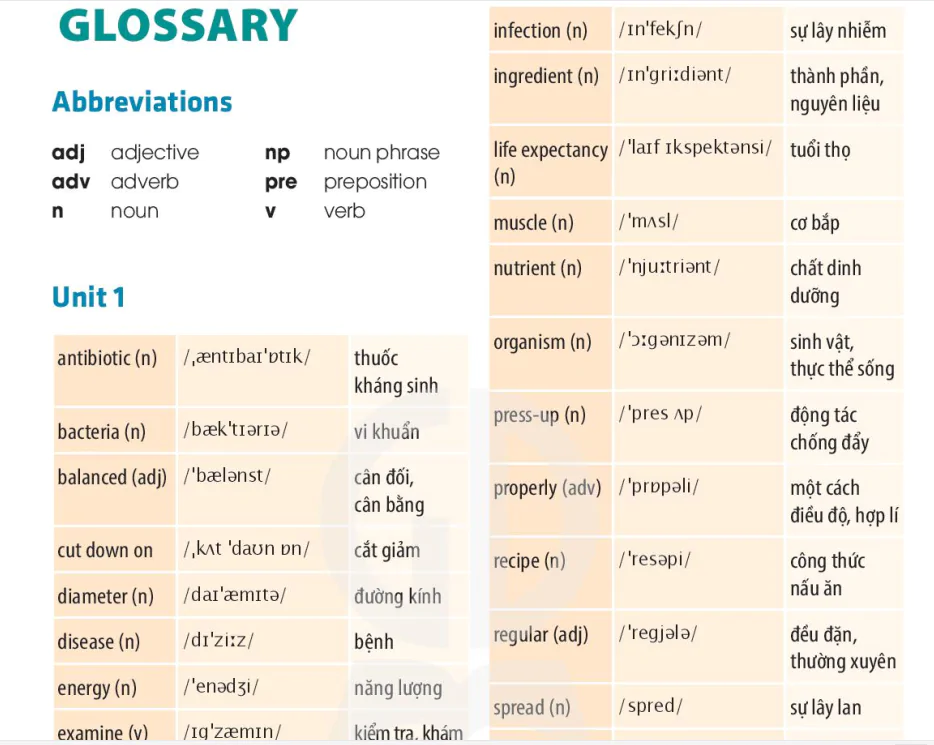
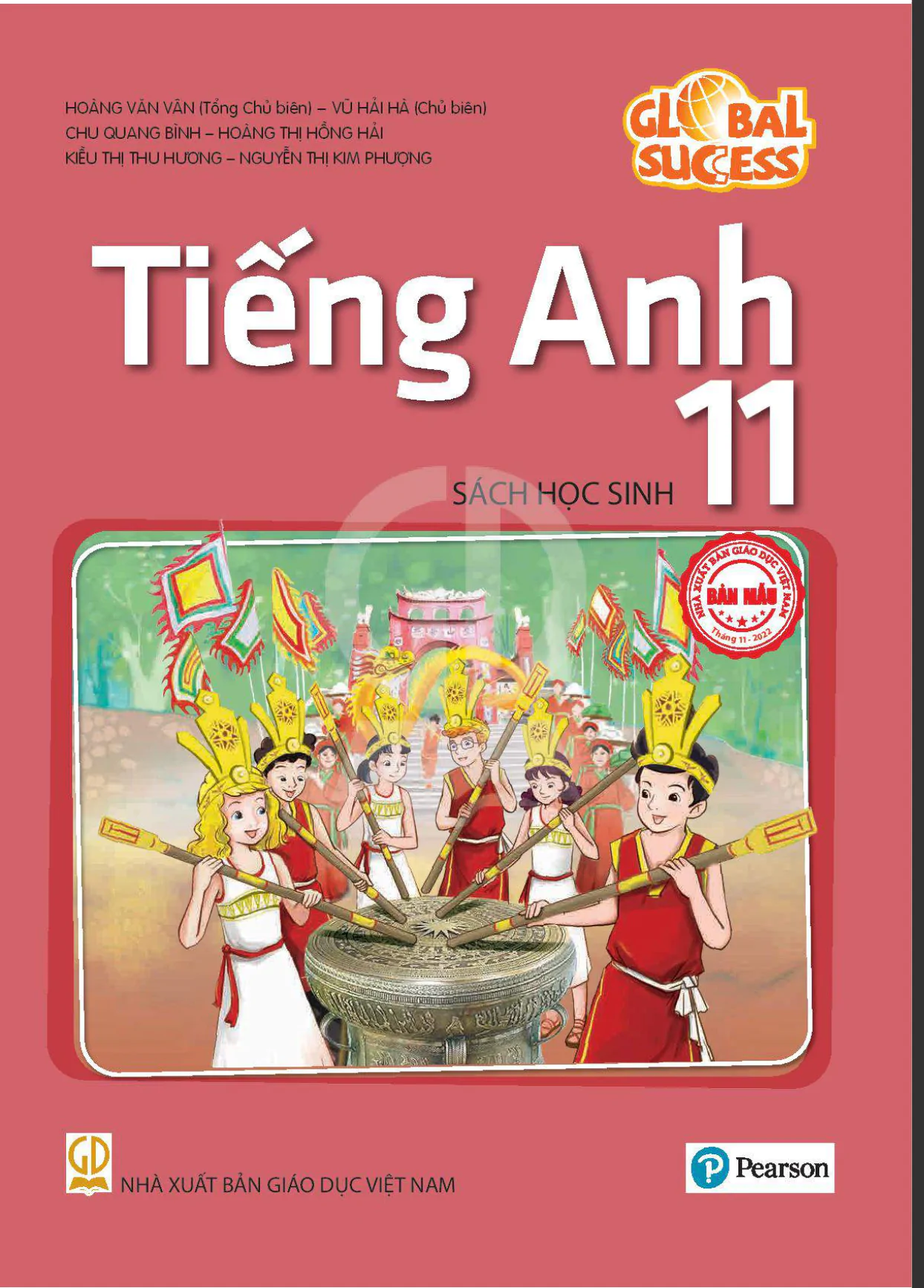

















Bình Luận
Để Lại Bình Luận Của Bạn